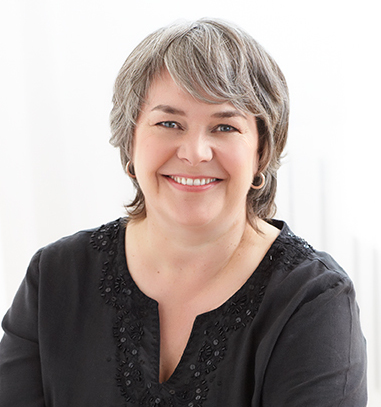- Home
- About Us
- The Team / Contact Us
- Books and Resources
- Privacy Policy
- Nonprofit Employer of Choice Award

 We have long relied on “the art of fundraising” in our profession, lore passed down from generation to generation of practitioners. While there is much to learn from the body of traditions and knowledge upon which our profession has been built, we have entered a new era of fundraising where we can learn from research that can corroborate, challenge and test our long-held views and make us better at helping to change the world.
We have long relied on “the art of fundraising” in our profession, lore passed down from generation to generation of practitioners. While there is much to learn from the body of traditions and knowledge upon which our profession has been built, we have entered a new era of fundraising where we can learn from research that can corroborate, challenge and test our long-held views and make us better at helping to change the world.
Rather than talk about the “art of fundraising”, I prefer to think about fundraising as an “artful mix” of ingredients: passion and possibility, fundamentals and fairy dust – and you need a bit of each to succeed. Passion and seeing the possibility of your cause to make the world a better place will inspire people to support you; fundamentals ensure you have the infrastructure you need to support and engage them and the fairy dust is that little bit of “je ne sais quoi” that you can never quite put your finger on. If you have the first three, the last one sometimes sprinkles upon you when you least expect it.
Ours has been a sector that is long on passion and possibility. Research is emerging to help us enhance our fundamentals and to promote a profession of critical thinkers. Research on philanthropy and prosocial behaviour (a two-dollar term that means behaviour that helps other people or society in general) is being conducted by disciplines as varied as behavioural economics, neuroscience, psychology, marketing, sociology, philosophy, philanthropy… and others I’m probably not aware of. And their research is generating interesting insights that we as practitioners would do well to be aware of so that we can incorporate them into our day to day work.
However, there is a disconnect between those doing the research and those of us on the front lines of philanthropy. Despite the research being conducted, we as practitioners are rarely accessing it. Things are getting better and there will continue to be more efforts to bring the two together but here is why I wanted to write something for this Back to School edition of Hilborn’s Charity eNews. Whether you are pursuing a certificate program, an undergraduate degree in the Social Profit sector (OK, that doesn’t exist in Canada yet, but we’ll get there!), Masters or PhD in philanthropy, you have an opportunity to be exposed to research that can inform our sector and move us from best practices to critical thinking. Or, you may be conducting original research yourself.
To those of you who are studying the art and skill of fundraising right now, you have an opportunity to change and challenge how we do fundraising in the future. Don’t let your instructors or your bosses get away with simply saying, “That’s how we’ve always done it.” Be the leaders who will insist on incorporating research and critical thinking into your work to help you do your jobs better and thus help our sector. We can each start small. As we begin to have different expectations of ourselves and our industry, new behaviour will take root. Evidence-based practices will impact the kind of fundraising the next generation of fundraisers will be doing.
My goal for this article: just to get the conversation started among those who are not yet discussing this. You know how when you learn a new word you begin to hear and see it frequently? That is my hope for research and fundraising: you’ll start to notice it more and soon it will be everywhere!
As the President of Cathy Mann & Associates Inc, Cathy helps clients develop the infrastructure and culture of philanthropy required to build sustainable development programs. In her role as Academic Coordinator and an instructor at Ryerson University’s Fundraising Management Certificate program, Cathy breaks down complex matters into achievable actions. During her 5-year tenure as Executive Director, Frontier College Foundation received the 2007 Award for Excellence in Fundraising for Small Shops from the International Association of Fundraising Professionals. Cathy is an active volunteer and frequent speaker. With the Association of Fundraising Professionals, Greater Toronto Chapter, she held many roles: V.P. of Professional Development, mentor and founder of its Inclusion and Equity Committee. Occasionally, she plays her ukulele in public.